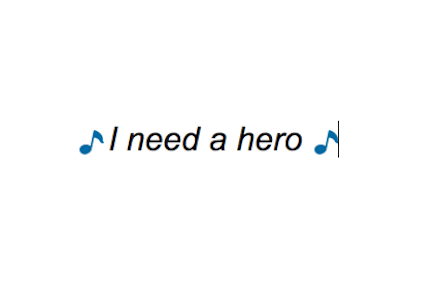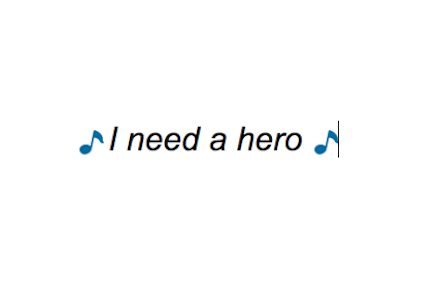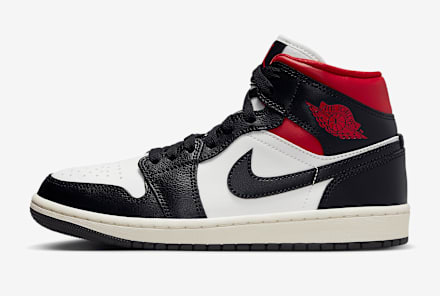Advertisement

Our kids push our buttons.
Sometimes they do it on purpose. Sometimes, it's just their behavior, or their attitude. Sometimes it's outright defiance or a big screw-up. But the one unifying factor for most parents is that, when our buttons get pushed, we react. We shoot from the hip, so to speak, or more likely from the lip. We yell, we scold, we make snap decisions that we may later regret. When we're done, nothing is solved, and nothing feels better—and unless we make a conscious decision to find a way to approach these situations differently, we'll enter that same cycle again the next time our child gets us all fired up.
Our brains are the problem here, and conveniently enough, they're also the solution. On a neurological level, what's happening is simple—too simple. When our kids push our buttons, we feel stressed or afraid. We may fear for their safety or worry that their behavior reveals our faults as a parent, and when that happens, the magnitude of the actual threat doesn't really matter. Our brain is going into reactive mode regardless. In his book Hardwiring Happiness, neuropsychologist Rick Hanson, Ph.D., describes the shift: "[A]drenaline and cortisol course through the blood and fear, frustration and heartache color the mind."
Our brains are the problem here, and conveniently enough, they’re also the solution.
It's a reaction better suited to outrunning a cheetah than to dealing with a child who just spent $268 on in-app purchases, and it's not helpful. Even worse, our stress response cues our child's stress response as well. Tina Payne Bryson, Ph.D., a psychotherapist and co-author (with Dan Siegel) of No Drama Discipline, notes that children can't learn effectively—or at all—when what they're feeling is threatened by our anger, especially if it feels unpredictable.
The alternative to that lose-lose situation requires that we take some time to consider in advance who we want to be when things with our children go south, and that we find ways to practice finding that person in tough situations. We want to respond, not react, and that means convincing our brain that our child's bad behavior is not a threat, so we don't need that adrenaline-charged reaction.
Creating a mindfulness practice, whether it's organized, regular meditation or just stepping back and taking time to appreciate the good things in our lives, can help. When our brain becomes accustomed to letting some of the churning thoughts and emotions pass by without reacting, it's easier to find that same space in a pinch. We can also plan to practice "responding, not reacting" in other less fraught, but still frustrating, situations at work and out in the world, where it's sometimes easier to feel the buildup before we're ready to explode.

But sometimes—especially when trouble comes out of nowhere—we can find ourselves in reactive mode before we have time to think. When that happens, it's not too late to save the situation, especially if we've already given some thought to how we're going to handle the flood of emotions. Here's how Dr. Hanson suggests we pull ourselves out of "the red zone" before we pull everyone else in after us:
1. Bite your tongue. You're not going to say anything helpful at this point, so say nothing at all.
2. Label your feelings to yourself. Admit it—you want to scream. Just let yourself feel it.
3. Exhale. "It activates the parasympathetic nervous system," Dr. Hanson says. "Lift your gaze to the horizon, which engages the circuits in your brain to take a panoramic view."
4. Remind yourself that you and your child are safe. Your brain is moving to threat and alarm and needs to be backed down and reassured that the consequences of this situation aren't deadly.
5. Buy some time. Your child can wait until you're ready to talk about this (in fact, waiting can magnify the gravity of their actions). Very few things can't wait 30 seconds, or even five minutes, for us to think about what we really want to do—and that might even be nothing.
6. Forgive yourself. If you do boil over, don't beat yourself up about it. Apologize if your actions or words merit it, or just let this one go. Don't worry. When it comes to responding to the things our children do that make us angry, you're almost guaranteed to get another chance.
Watch Next
Enjoy some of our favorite clips from classes
Enjoy some of our favorite clips from classes
What Is Meditation?
Mindfulness/Spirituality | Light Watkins
Box Breathing
Mindfulness/Spirituality | Gwen Dittmar
What Breathwork Can Address
Mindfulness/Spirituality | Gwen Dittmar
The 8 Limbs of Yoga - What is Asana?
Yoga | Caley Alyssa
Two Standing Postures to Open Up Tight Hips
Yoga | Caley Alyssa
How Plants Can Optimize Athletic Performance
Nutrition | Rich Roll
What to Eat Before a Workout
Nutrition | Rich Roll
How Ayurveda Helps Us Navigate Modern Life
Nutrition | Sahara Rose
Messages About Love & Relationships
Love & Relationships | Esther Perel
Love Languages
Love & Relationships | Esther Perel












